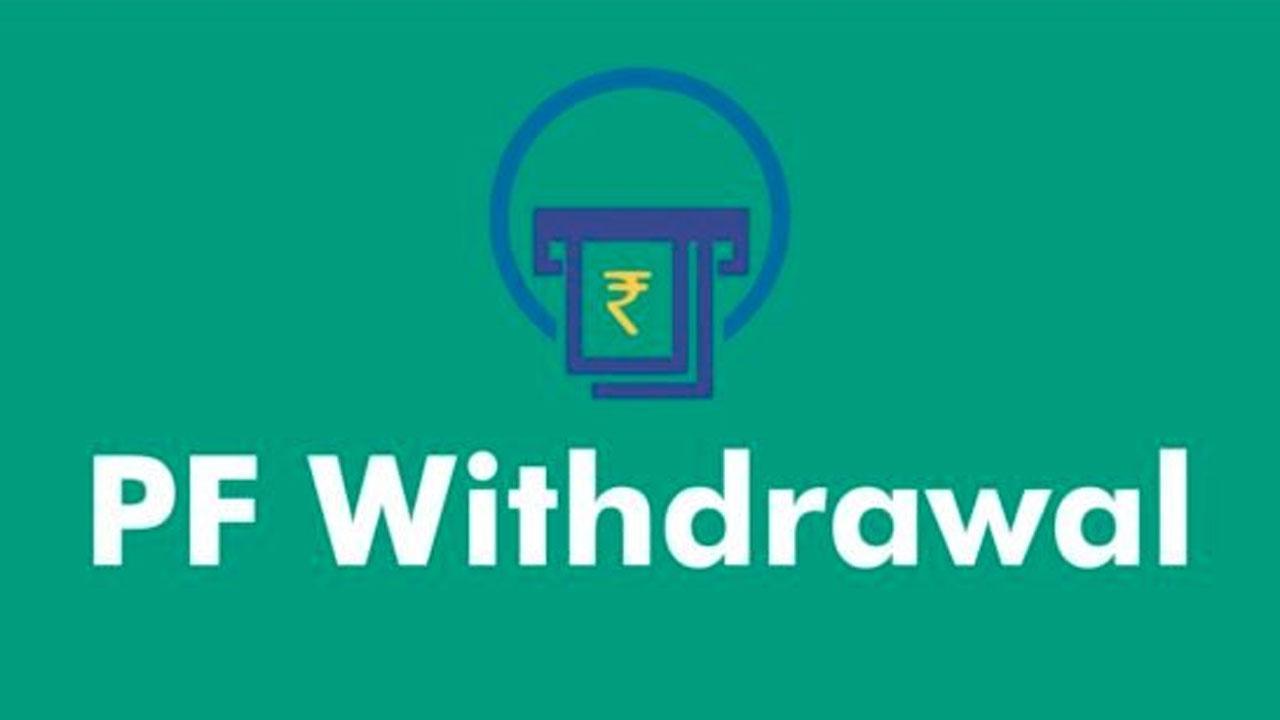Employee Provident Fund (EPF) is a crucial financial savings scheme for salaried individuals in India.

It is a mandatory contribution made by the employer on behalf of the employee towards their retirement, providing financial security and stability. However, there may be instances where an individual may need to withdraw or transfer their EPF funds before their retirement. This article aims to provide an understanding of the EPF Withdrawal, Transfer Claim, and the time it takes to settle a claim or release EPF funds.
ADVERTISEMENT
Form 19 in EPFO
Form 19 is an essential document for employees who wish to withdraw their EPF funds. It is a form that needs to be filled up and submitted to the Employee Provident Fund Organization (EPFO) to initiate the withdrawal process. It contains all the necessary details about the employee, including their name, account number, and bank account number, among others.
EPF Withdrawal
If an employee wishes to withdraw their EPF funds, they can do so after a waiting period of two months from the date of resignation. In cases of unemployment or layoff, the waiting period reduces to one month. The withdrawal process requires the submission of Form 19 along with Annexure-K (for UAN-based claims) or Annexure-D (for non-UAN-based claims).
Once the EPFO receives the withdrawal application, they will verify the employee's details and process the claim accordingly. The EPF withdrawal amount is calculated as the employee's and employer's contribution, including interest earned on the amount. The withdrawal process takes approximately 10 to 15 days to reflect in the employee's bank account.
EPF Transfer Claim
An EPF Transfer Claim refers to the process of transferring an employee's EPF account from their previous employer to their current employer. It helps in consolidating the EPF accounts, making it easier for the employee to track their savings. To transfer the EPF account, an employee needs to fill in Form 13 and submit it to their current employer. The current employer will then submit it to the EPFO for further processing.
The EPF Transfer Claim process takes approximately 10 to 15 days to complete. Once the claim is processed, the employee's EPF account will be transferred to the new employer's location.
Tax Saving FD
If an employee wishes to save on taxes and earn higher interest than EPF, they can invest in a Tax Saving Fixed Deposit (FD). Tax-saving FDs are similar to regular fixed deposits, but the invested amount is eligible for tax deductions under Section 80C of the Income Tax Act. The tenure of the FD ranges from 5 years to 10 years, and the interest earned on the amount is taxable.
The interest rate on tax-saving FDs varies from bank to bank and ranges from 5% to 7%. The invested amount qualifies for tax exemptions up to a maximum amount of Rs 1.5 lakhs in a financial year. The interest earned on the amount is taxable as per the individual's tax bracket.
Conclusion
In conclusion, the EPF Withdrawal and Transfer Claim process is relatively straightforward and requires the submission of the necessary documents to initiate the process. The withdrawal process takes about 10 to 15 days to reflect in the employee's bank account, while the transfer claim process takes the same amount of time to complete. However, before withdrawing or transferring the EPF funds, an employee must consider the tax implications and the potential loss of guaranteed returns. Investing in a Tax Saving Fixed Deposit can provide higher returns but requires careful consideration of the tenure and interest rate. Thus, an employee must assess their financial goals and make an informed decision based on their individual financial circumstances.
Summary
Employee Provident Fund is a crucial financial savings scheme for salaried individuals in India. The EPF Withdrawal and Transfer Claim process requires the submission of the necessary documents and takes around 10 to 15 days to complete. However, before withdrawing or transferring the EPF funds, an employee must consider the tax implications and the potential loss of guaranteed returns. Investing in a Tax Saving Fixed Deposit can provide higher returns, but it requires careful consideration of the tenure and interest rate. Thus, an employee must assess their financial goals and make an informed decision based on their individual financial circumstances.
 Subscribe today by clicking the link and stay updated with the latest news!" Click here!
Subscribe today by clicking the link and stay updated with the latest news!" Click here!







